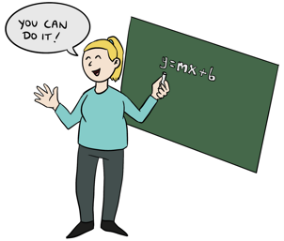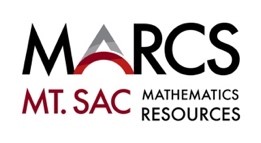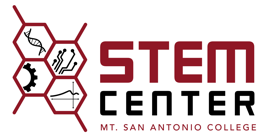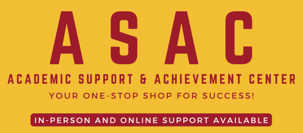MATH 180 Calculus and Analytic Geometry I
- Plan to study outside of class at least 8 hours each week, or more if it has been a while since you have taken precalculus and trigonometry.
- Study actively by doing practice problems, making note cards, and making study guides.
- Attend professor's student hours (office hours) and math support centers regularly.
- Form study groups with other students in class and try to explain problems as you do them.

Calculus is a powerful branch of mathematics built upon many different mathematical concepts. It involves more than just memorization, algebraic and trigonometric manipulation, and deriving proofs! It will help you combine these skills with an understanding of how things change, so that you can apply mathematical concepts in any field you are interested in, from engineering to economics.
- Basic arithmetic and algebra, including simplifying expressions and factoring
- Graphs of basic functions with transformations
- Logarithmic and exponential functions and their properties
- Trigonometric functions and their graphs; trigonometric identities; inverse trigonometric functions
- Solving equations and inequalities involving polynomial, rational, root, exponential, logarithmic, and trigonometric functions
- Join the MATH 180 Math Jumpstart Canvas page, created by Mt. SAC math faculty, with topic-based modules that include 5-10 minute refresher videos and practice problems to review at your own pace.
- Enroll in a free faculty-led noncredit math prep class through AIME (Academic Instruction for Math and English) in Mt. SAC’s School of Continuing Education.
- MATH 180+18A Calculus I w/ Support [6 units]
- MATH 160 Precalculus Mathematics [4 units] or MATH 160+16 Precalculus Mathematics w/ Support [6 units]
- MATH 150 Trigonometry [3 units] or MATH 150+15 Trigonometry w/ Support [5 units]
- MATH 130 College Algebra [4 units] or MATH 130+13 College Algebra w/ Support [6 units]
Note that course numbering does not indicate difficulty of course content. If you have further questions about which course is right for you, please speak to a counselor.
Anyone can learn calculus! It is not a skill set that one is either born with or not.
YOU are capable not only of learning calculus, but also of excelling in calculus!
For additional calculus help, please visit the Math Activities Resource Centers (MARCS) or the Academic Support and Achievement Center (ASAC).




